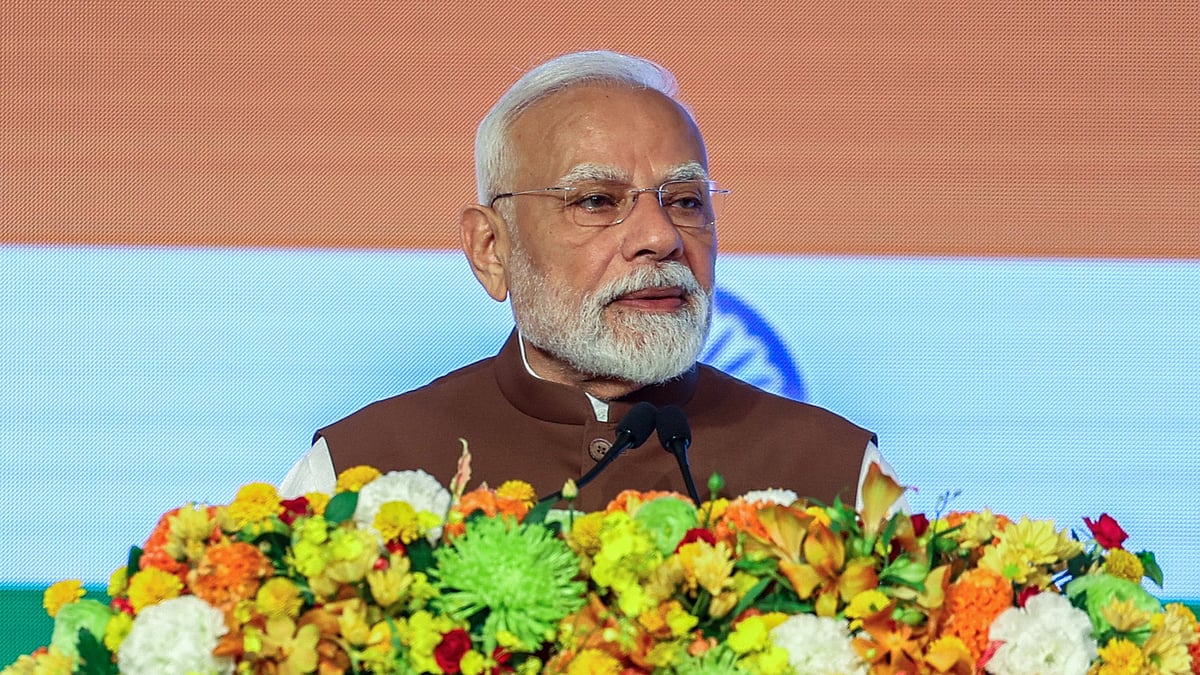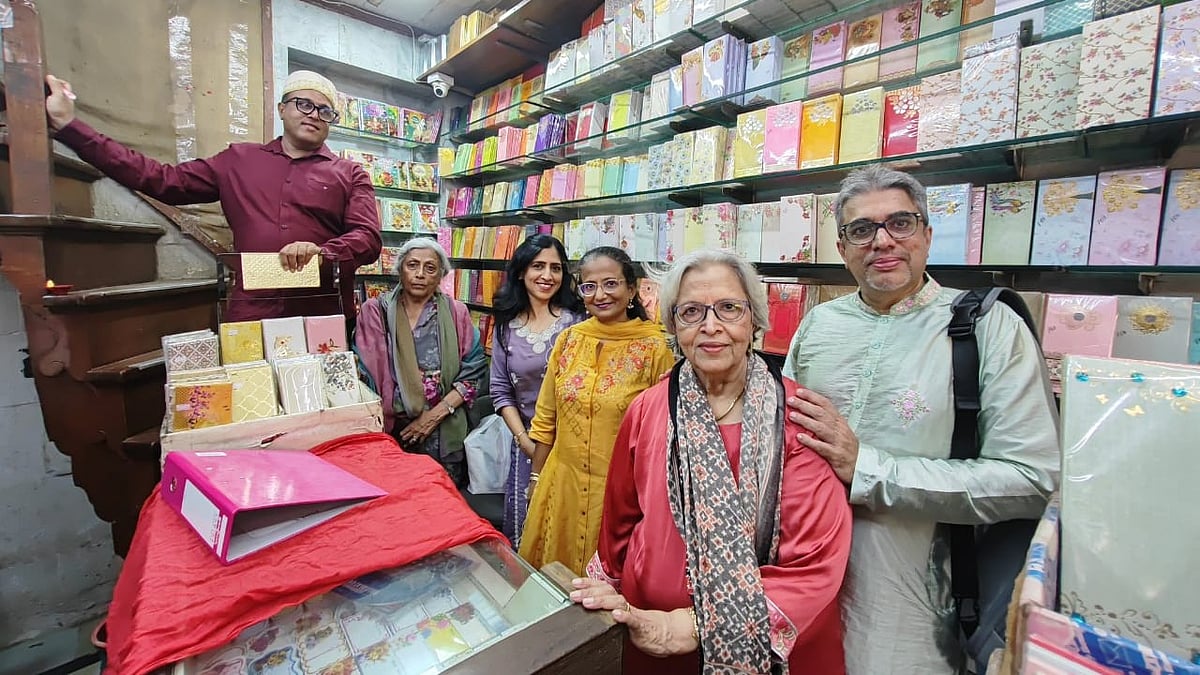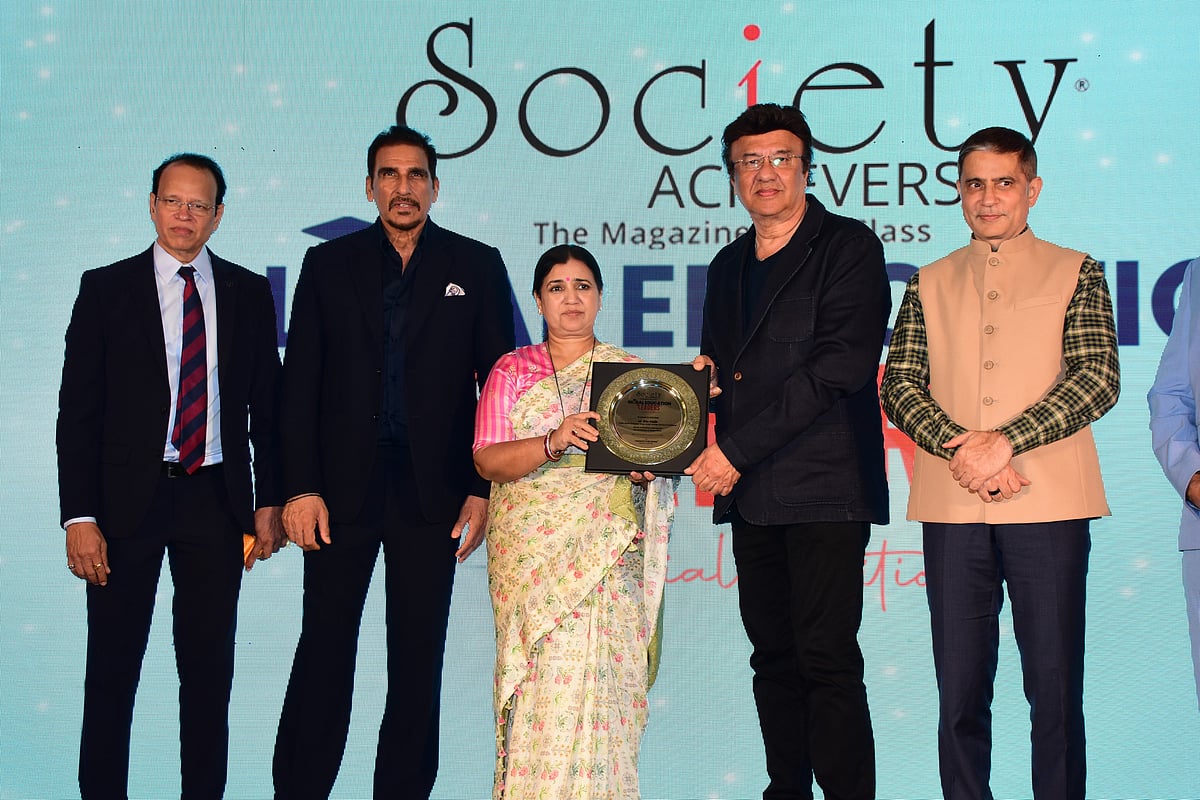Recently, while talking with a friend about how hopelessly unambitious I am in life, I recalled an event when a former boss had offered me shares in his company to stop me from leaving. Irrespective of the temptation, I quit. That was the first time I ran away from a lucrative “opportunity”.
The only consistent factor in my professional journey has been quitting jobs at regular intervals. I have thought really hard to figure out my troubled relationship with work and the conclusion I reached is that I wasn’t ambitious enough to want any of these jobs badly or to really achieve any specific career goals. I also discovered that I didn’t particularly enjoy working. And, hereby work I mean a job that pays you a salary at the end of the day. I do like to cook for the people I love, solve their problems, clean the dishes and do the laundry, draw beautiful mandalas, go rocery shopping with mom, be present for a friend in crisis, attend to a sick member in the family, do yoga, dance, and engage people in great conversations at parties.
Doing a job doesn’t let me do the things I actually enjoy doing. I also don’t subscribe to the idea that if you are passionate about what you do, then work doesn’t seem like work. In fact, I believe work and passion shouldn’t be mixed up at all. For me, dancing and drawing mandalas are my escapes. If I were to monetise the only things I love doing, in all probability I will lose my interest in them. Just as it is important to not mix up passion and work, it is important to make a distinction between building a career and just having a job to understand diverse attitudes towards work. Building a career may not involve lucrative CTCs to begin with, may not include a 9-5 routine with a promised weekend, may not even be year/age-bound. But many of us are simply looking for a job that suits our skill-sets and interests and pays our bills, while we are able to manage the other aspects of our life well. Conflating a job with a career is a fundamental mistake we as individuals and those at the organisation level make while designing policies for a workplace.
People who are merely out there to do an honest day’s job and get paid for it vastly outnumber driven people who will eventually sit at the top of the ladder in any field — be it law, communication, politics and finance. Organisations will have to take into account the psychological needs of this vast number of working populations, some of whom are like me — wandering undecided millennials with varied interests and priorities other than having a successful career — to stick to a job for long periods of time.

It turns out science can better explain my troubled relationship with work. Recently, I was listening to a podcast by my favourite neuroscientist Andrew Huberman, who made the point that a minimum amount of stress actually acts as a stimulant and helps us to move forward and that the dopamine reward centres in our brain are activated when we know we are on the right path towards our goal. That stress is actually not bad for us. Having trained elite athletes and navy seals, he had the chance to observe these professionals up and close and how they navigate performing under pressure. According to Huberman, they tend to insert a subjective meaning to every small step they take towards a larger goal and reward it internally, thus activating the dopamine circuitry.
Why is this explanation relevant in my case? Because, having gone through certain early-life trauma with respect to work and money, my threshold to perform under pressure simply shrunk. I could never attach any subjective meaning to the regular conflicts, negotiations and taxing interactions that a job demands. This by no means is a statement on my expertise or talents. One can be hugely talented, while not having the drive to work gruelling hours and indulge in office politics to reach their career goals.
The bottom line is our attitude to our work is determined by our psycho-biology and early-life experiences as much as by our competencies and natural talents. Ambition can be a socially planted idea in your mind, or your very biological and psychological construction could drive you towards normative success. People have tried to shame me for being unambitious, for being a serial-quitter, for throwing away great opportunities. However, over the years I have learnt to live in the acceptance that I cannot fight my very make-up to accommodate societal definition of success and others’ expectations of what I should achieve in my life.
While I do wish with so many studies on productivity and motivation for work, organisations will be able to make their policies more millennial-friendly, I also wish for a world in which working to earn a living wouldn't be the centre of our existence and those of us who would like to tend to the subtler, softer aspects of life like art, literature, care-giving, naturing, and simply loving people wouldn’t be forced to sign a Faustian pact with the demands of work every single day.
(The writer is a mental health and behavioral sciences columnist, conducts art therapy workshops and provides personality development sessions for young adults. She can be found as @the_millennial_pilgrim on Instagram and Twitter.)













